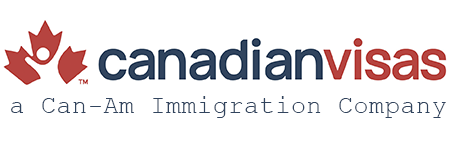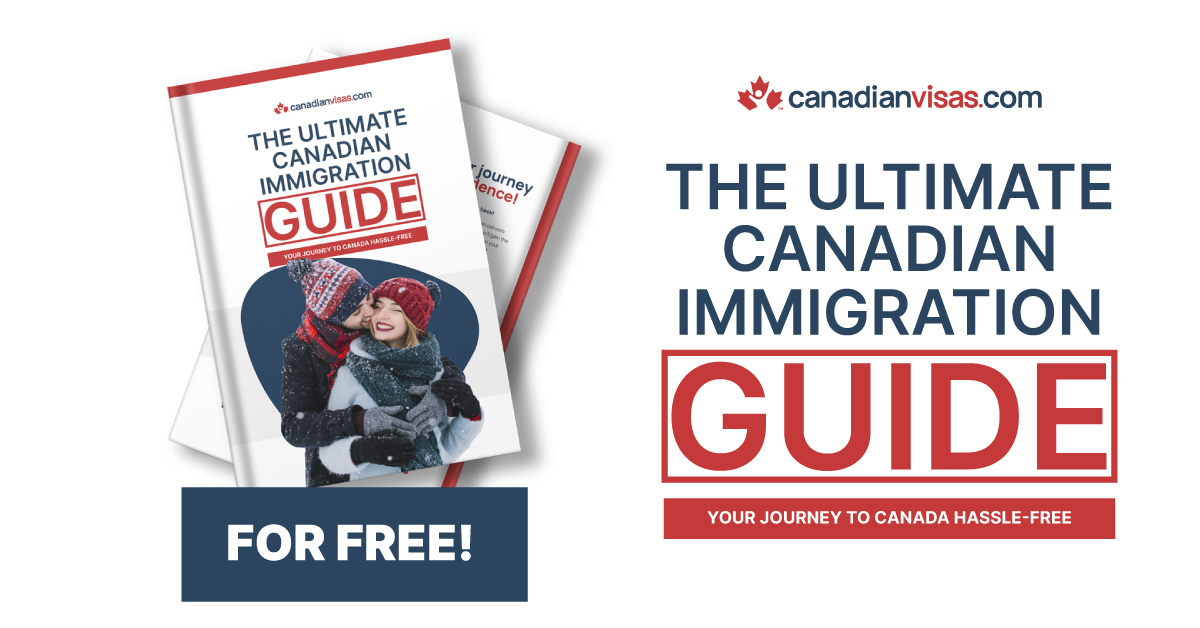Canada, with its booming economy, diverse landscape, and welcoming atmosphere, attracts skilled individuals worldwide seeking exciting work opportunities. If you’re one such individual dreaming of working in Canada, this in-depth guide will equip you with the knowledge needed to navigate the work permit process. We’ll delve into the different types of work permits, eligibility requirements, application procedures, and valuable resources to help you secure your Canadian work permit.
How to Obtain a Work Permit in Canada
Employer-Specific vs. Open Work Permits
There are two main categories of work permits in Canada, each catering to specific scenarios:
- Employer-Specific Work Permits: As the name suggests, these permits are tied to a specific job offer from a pre-approved Canadian employer. This is the most common type of work permit and requires your employer to demonstrate they couldn’t find a qualified Canadian citizen or permanent resident for the position (through a process called a Labour Market Impact Assessment or LMIA).
- Open Work Permits: These permits offer greater flexibility, allowing you to work for any employer in Canada. Open work permits are typically issued to spouses or partners of permanent residents or study permit holders, recent graduates under specific programs, and individuals participating in international exchange programs.
Understanding Eligibility
To be eligible for a work permit in Canada, you’ll generally need to meet the following criteria:
- Valid Job Offer (Employer-Specific Permits): For employer-specific permits, a valid job offer from a Canadian employer with an LMIA for the position is crucial.
- Meet Educational Requirements: You may need to possess a minimum educational qualification relevant to the offered position.
- Work Experience: Relevant work experience in the field you’re applying for can significantly enhance your application.
- Language Proficiency: Demonstrate English or French language proficiency by meeting the minimum Canadian Language Benchmarks (CLB) scores.
- Proof of Funds: Show sufficient financial resources to support yourself during your stay in Canada.
- Medical Examination: You may be required to undergo a medical examination to ensure you meet Canada’s health standards.
The Application Process: A Step-by-Step Guide
Obtaining a work permit involves a multi-step process. Here’s a breakdown of the general steps:
- Secure a Job Offer (Employer-Specific Permits): Actively search for job opportunities in your field and connect with Canadian employers.
- Labour Market Impact Assessment (LMIA): Your employer will apply for and obtain an LMIA from Employment and Social Development Canada (ESDC) demonstrating the need for a foreign worker.
- Online Application: Once you have a job offer and LMIA (if applicable), proceed to submit the online application form for a work permit through Immigration, Refugees and Citizenship Canada (IRCC).
- Gather Supporting Documents: Compile all required documents, including your passport, educational certificates, work experience letters, LMIA (if applicable), language test results, proof of funds, and a medical certificate (if requested).
- Application Fees: Pay the applicable processing fees associated with your work permit application.
- Medical Examination: Attend a medical examination if required by IRCC.
- Processing Time and Decision: Be patient as processing times can vary depending on the complexity of your application and current workloads at IRCC. Await the final decision on your application.
Popular Work Permit Programs
Several work permit programs cater to specific needs and skill sets:
- Federal Skilled Worker Program (FSWP): Ideal for skilled workers with strong educational backgrounds and work experience in high-demand occupations.
- Federal Skilled Trades Program (FSTP): Targets skilled workers in designated trades facing labor shortages in Canada.
- Canadian Experience Class (CEC): Provides a pathway for skilled workers who have gained valuable work experience in Canada through temporary work permits or international student programs.
- Provincial Nominee Programs (PNPs): These programs allow provinces and territories to nominate individuals aligned with their specific labor market needs. Receiving a provincial nomination significantly boosts your chances of securing a work permit.
Enhancing Your Chances of Success
Here are some valuable tips to increase your chances of obtaining a Canadian work permit:
- Target In-Demand Skills: Research occupations experiencing labor shortages in Canada and tailor your job search accordingly.
- Highlight Your Qualifications: Clearly showcase your skills, experience, and education in your resume and cover letter, emphasizing their relevance to the Canadian job market.
- Seek Professional Guidance: Consider consulting with immigration consultants or lawyers specializing in Canadian work permits for personalized guidance and application support.
- Language Proficiency Enhancement: Improving your English or French language skills can significantly enhance your application and open up more work.
Settling into Life in Canada
Obtaining a work permit is just the first step in your Canadian journey. Here are some additional resources to help you settle smoothly:
- Pre-Arrival Planning: Explore resources offered by IRCC and provincial governments on pre-arrival planning, including housing options, healthcare systems, and banking procedures.
- Settlement Services: Many Canadian cities and communities offer settlement services for newcomers. These services can assist with finding housing, registering for healthcare, opening a bank account, and learning about Canadian culture and customs.
- Job Search Assistance: Utilize employment agencies and job boards specializing in connecting skilled immigrants with employers.
- Networking: Building professional networks through industry events, online communities, and professional associations can open doors to new opportunities and career advancement.
Processing Times
Processing times for work permits can vary depending on several factors, including the type of work permit, your application’s complexity, and current IRCC workloads. Generally, employer-specific work permits tend to have faster processing times compared to open work permits. You can check IRCC’s website for estimated processing times for different types of work permits.
Cost Considerations
Work permit processing times can vary depending on the complexity of your application, current IRCC workloads, and your chosen program. It’s crucial to factor in processing times when planning your move to Canada. Additionally, expect to incur application fees, medical examination costs, and potentially, immigration consultant fees. Obtaining a work permit involves associated costs, including application fees, medical examination fees, and potentially, immigration consultant fees. Be sure to factor in these expenses when planning your work permit application journey.
Post-Work Permit Options
Obtaining a work permit can be a stepping stone towards permanent residency in Canada. Several immigration programs, like Express Entry, prioritize candidates with valid Canadian work experience. Explore your options and understand the pathways available to transition from a work permit holder to a permanent resident.
Alternative Options
While employer-sponsored work permits are the most common route, alternative options exist for individuals with unique circumstances:
- Self-Employed Work Permits: For individuals with exceptional skills and a business concept aligned with Canada’s economic needs, self-employment work permits may be an option. These require a detailed business plan demonstrating economic viability and job creation potential.
- Intra-Company Transfer (ICT) Permits: If you are currently employed by a multinational company with a branch in Canada, you may be eligible for an ICT permit to facilitate your transfer to the Canadian office.
Pre-Departure Considerations
Once your work permit is approved, congratulations! However, the journey doesn’t end there. Here are some essential pre-departure steps:
- Research Cost of Living and Housing: Canada boasts a high standard of living, so research the cost of living in your chosen city and explore housing options to ensure financial preparedness.
- Prepare for Canadian Winter (if applicable): If moving to a region with cold winters, invest in appropriate clothing and winterization gear.
- Open a Canadian Bank Account: Opening a bank account in Canada can simplify financial transactions upon arrival.
- Explore Settlement Resources: Many government and community resources are available to assist newcomers in settling into Canadian life. Familiarize yourself with these resources for a smoother transition.
Conclusion
Obtaining a work permit in Canada requires careful planning, meeting eligibility criteria, and navigating the application process. However, with the right preparation and resources, you can successfully secure your Canadian work permit and embark on an exciting new chapter in your career journey. Remember, Canada welcomes skilled individuals with a desire to contribute to its vibrant economy and diverse society. Take the first step today and unlock the possibilities of working and living in Canada!






0 Comments